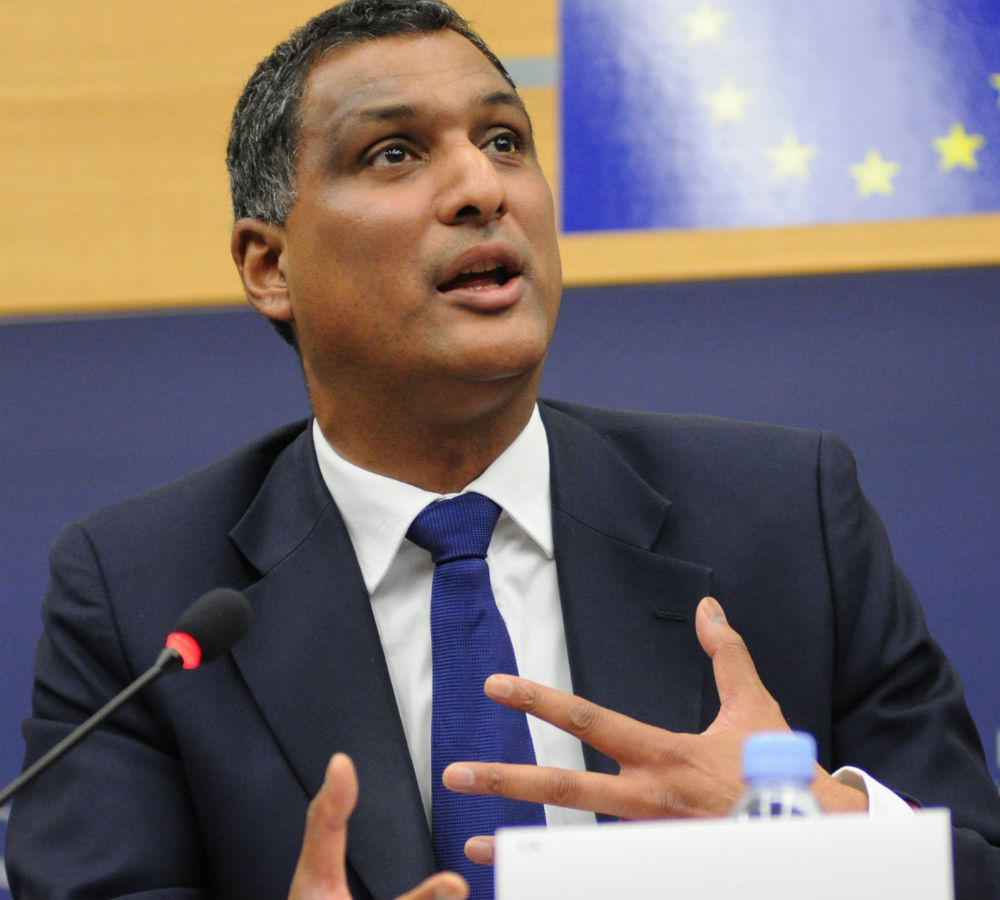Syed Kamall, the UK chair of the European Conservatives and Reformists (ECR) Group in European Parliament (EP), has responded a question by Turkish Minute, expressing his concerns over President Recep Tayyip Erdoğan’s including the Hizmet movement – inspired by the U.S.-based Islamic scholar Fethullah Gülen — on the list of Turkish terrorist organizations.
“I am growing increasingly concerned about the number of organizations that are being described as supporting terrorism, without any clear evidence. The US State Department has itself said that it does not consider Hizmet to be a terrorist organization. There is clearly a difference between opponents of the administration and terrorist organizations, and we should be asking the Turkish government whether it is misusing the terrorist label to remove opposition,” Kamall said.
Underlining that the Conservative Party has seen the Turkish government as an ally, Kamall added that sometimes it is the job of friends to express concerns.
“I am very concerned about the erosion of freedoms and democracy that we are seeing under Mr. Erdoğan,” Kamall concluded.
Rebecca Harms — co-president of the Greens in the European Parliament (EP) –,Maja Kocijancic — Spokesperson for European Union Foreign Affairs and Security Policy — and the United States (US) Spokesperson John Kirby have also made clear they do not consider the social movement a “terrorist organization” and have stated concerns over Erdoğan’s politically-motivated efforts to frame it so.
On May 27, Erdoğan announced that he is expecting a Cabinet decision that will officially declare sympathizers of the Gülen movement as a “terrorist organization” in order to put them on trial.
Since a massive corruption scandal that implicated then-ministers of the Cabinet erupted on Dec. 17, 2013, Erdoğan and the AK Party government claimed that the graft investigation was a “coup attempt” against his government and accused the Gülen movement of being behind it. The sons of ministers, well-known business people, a district mayor, a director of a state-owned bank, and many high-profile figures, who were arrested as part of the investigation, were released and the prosecutors who initiated the case were later imprisoned as a result of political interference. However, four Cabinet ministers were forced to resign.
The major graft case was closed by other prosecutors who replaced them, with all the charges against politicians and business people being dropped. A parliamentary investigation against the four ministers was also dropped with AK Party votes. The graft probe had implicated then-Prime Minister Erdoğan, members of his family and senior Justice and Development Party (AK Party) figures.
Erdoğan refers to the movement as “Fethullahist Terrorist Organization,” which is used by the government-backed judiciary to frame sympathizers of the Gülen movement. Erdoğan also coined the term “parallel state” after December 2013 to refer to people believed to be inspired by the ideas of Gülen, especially those within the state bureaucracy.
Following the Dec. 17 corruption and bribery scandal, Erdoğan and the government launched a witch-hunt against the Gülen movement and its sympathizers. Erdoğan personally declared he would carry out a “witch hunt” against anyone with links to the movement. Thousands of prosecutors, judges and police chiefs were reassigned, dismissed or imprisoned either for taking part in the corruption investigation or based on allegations of having links to the movement. Also there have been many police operations carried out targeting shopkeepers, teachers, members of the judiciary, journalists and police officers who are accused of being affiliated with the Gülen movement, also known as the Hizmet movement.
The Gülen movement strongly rejects the allegations brought against it. There is not a court decision that declares the movement as a “terrorist group” either.
